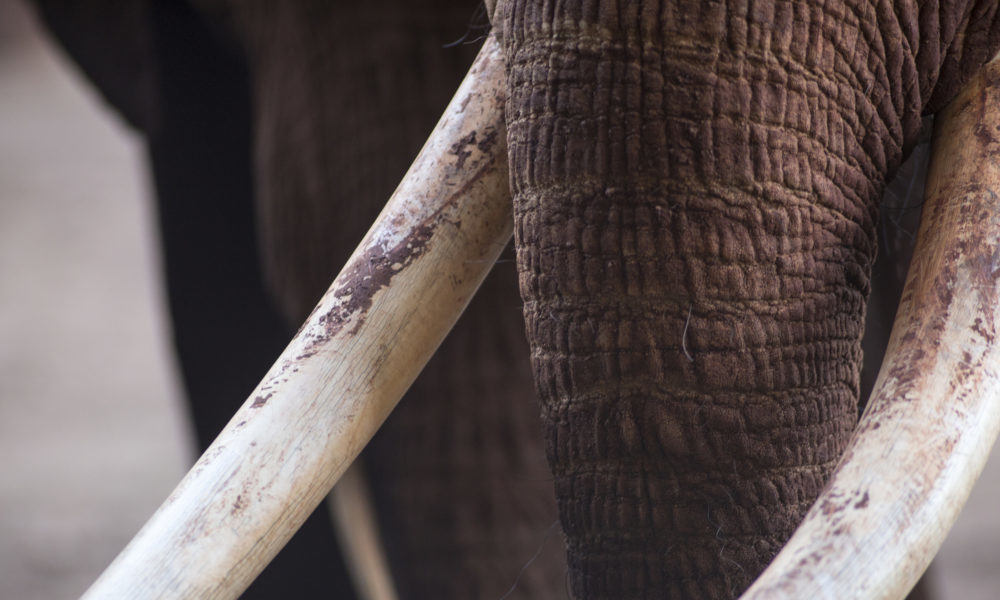
Zoos and Aquariums Group Acquires U.S. Wildlife Trafficking Alliance
To better combat wildlife trafficking, the Association of Zoos and Aquariums announced it is bringing the U.S. Wildlife Trafficking Alliance under its wing.
The Association of Zoos and Aquariums is bringing the U.S. Wildlife Trafficking Alliance in-house—making USWTA an AZA program—in order to better fight the wildlife trafficking epidemic worldwide.
“The hallmark effort of the AZA and its members in the conservation arena is a program called SAFE: Saving Animals From Extinction,” said AZA President and CEO Dan Ashe. “[So] the alliance is a great acquisition for AZA and its members and offers us just a whole new platform from which we can talk about the plight of these species and help to inspire our visitors to do more to conserve them.”
AZA is also bringing on board Sara Walker, former executive director of USWTA, to serve as its senior advisor on wildlife trafficking. According to its website, USWTA was founded as a temporary coalition of “nonprofit organizations, companies, foundations, and media interests that work closely with the U.S. government in a collaboration to reduce the purchase and sale of illegal wildlife products in the United States.”
But, as USWTA was approaching its scheduled end in 2017, Walker said an increasing number of members and partners approached USWTA inquiring about whether the work could continue. That’s when she started searching for a permanent home for USWTA.
AZA provides that critical infrastructure support, she said, but it also offers a new opportunity to align and consolidate goals. “There’s a lot of work that the zoos are already doing to combat illegal trade, and we should be highlighting those more,” she said. “And there’s a huge opportunity with AZA’s nearly 200 million visitors a year to raise even more awareness about wildlife trafficking, combined with our partnerships, this is just a wonderful intersection to consolidate these efforts and make them even more powerful when we use one voice.”
AZA hopes that the acquisition will help grow public awareness about the broad issue of wildlife trafficking, as well as specific issues within it. For instance, one of the first items on the agenda is a “Toss the Tusks” initiative, which AZA hopes will encourage people to turn in their ivory products to be destroyed, as well as counter the notion that ivory is a luxury item.
“We want to work together to raise the profile of the issue, in a way that tells the public that if you want to see ivory, you should see it on a living elephant in the wild or in one of our AZA-accredited institutions,” Ashe said.
Ultimately, Ashe and Walker are both excited about the opportunity to have a larger platform and louder voice to combat wildlife trafficking.
“We’re going reach millions of people with this message that you hold the future of these animals in your hands, quite literally, based on the consumer choices that you make,” Ashe said. “The combined reach of the AZA and the other alliance partners is exactly what we need in order to tackle this challenge globally.”
(nekaland/iStock/Getty Images Plus)






Comments